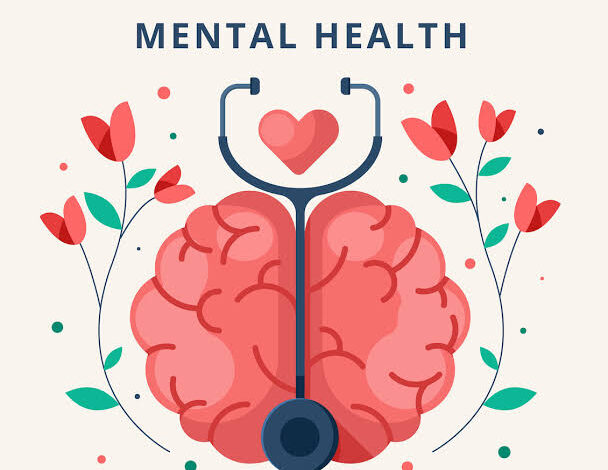
Guest Writer
‘Anyone with a good nanny for referral? One who loves babies, is clean and knows how to cook? They must have experience and having a child of their own is a plus. I don’t want one who is too old to mother me…nor too young for me to mother. So tired already’.
Moms, does that sound familiar? Yes! It’s the package moms want and the everyday concern and need for working moms. What if I told you that high nanny turn-over could be a mental health issue?
Nannies’ mental health is an important topic that has been neglected for a long time. Nannies help with children in the house while the employers work. They therefore spend more time with your children than you do. Ignoring their mental health only means that you ignore your children’s mental health.
First, very few people want to become nannies as a career. For most people, this is usually a last resort job. They go to work wounded, depressed, and desperate sometimes. I believe that the unresolved mental health issues could be the leading cause for the desperate situations of physical, sexual, and emotional abuse witnessed with nannies in most African households.
A nanny’s mental health varies greatly depending on a variety of factors. These include their unique situation, background, and line of work. Like everyone else, nannies are susceptible to a variety of mental health conditions such as stress, anxiety, depression, and burnout. It can be demanding and stressful to work as a nanny. They frequently have to manage several tasks all at once; looking after the physical and emotional needs of children, managing household chores, and juggling schedules.
Additionally, they might have to deal with issues like handling conflicts, difficult behaviour and long working hours. Households must therefore be aware of their nannies’ mental health.
Here are seven suggestions on how to improve your nanny’s mental health:
- Provide fair compensation and acknowledge the valuable work nannies do. Fair compensation means that regardless of what other employers are doing, you have understood their needs and their compensation is fair enough to take care of some of those needs. Some nannies have children, are the sole breadwinners for their families. Providing for pay in their off days means that they could make more money in your household.
- Supportive Work Environment: Employers should strive to create a supportive work environment for nannies. Open communication, appreciation for their work, and addressing any concerns they may have can contribute to their overall mental well-being. Employers should manage their stresses so they do not project their stresses to their nannys.
- Work-Life Balance: Nannies often work long hours and may have demanding schedules. Their work is monotonous and often becomes boring after some time. It’s essential for nannies to have a healthy work-life balance to avoid burnout and maintain their mental wellness. Adequate time off, rest, and personal activities are crucial for their mental health.
- Self-Care: Nannies should prioritise self-care to maintain their mental health. This involves getting enough sleep, eating well, and engaging in activities that bring them joy and relaxation. Nannies should also establish healthy boundaries to avoid feeling overwhelmed.
- Stress Management: Taking care of children can be demanding, both physically and emotionally. Nannies need help in developing effective stress management techniques to cope with the challenges they face. This can include regular exercise, engaging in hobbies, practicing mindfulness or meditation and seeking support from friends or therapists. Allow them to employ what works within their schedules.
- Mental Health Awareness: It is important for nannies and employers to recognise the signs of mental health issues and know where to seek help. Nannies should be encouraged to express their feelings and concerns while employers should be understanding and supportive when addressing mental health matters.
- Professional Development: Continuous learning and professional growth can have a positive impact on a nanny’s mental health. Opportunities for professional development, such as attending workshops or conferences, can help nannies stay engaged and motivated in their line of work.

This article was written by Monica Nguata (pictured), a clinical psychologist in Kenya.
MORE ON MENTAL HEALTH – SOME VIDEOS 🎥





2 Comments
Monica,
That article is eye opening and well done.
Thank you.
Beautiful important note about nunnies. It should be a concern because they are also human with emotional and physical aspects. Thankyou Monicah Nguata for highlighting this.